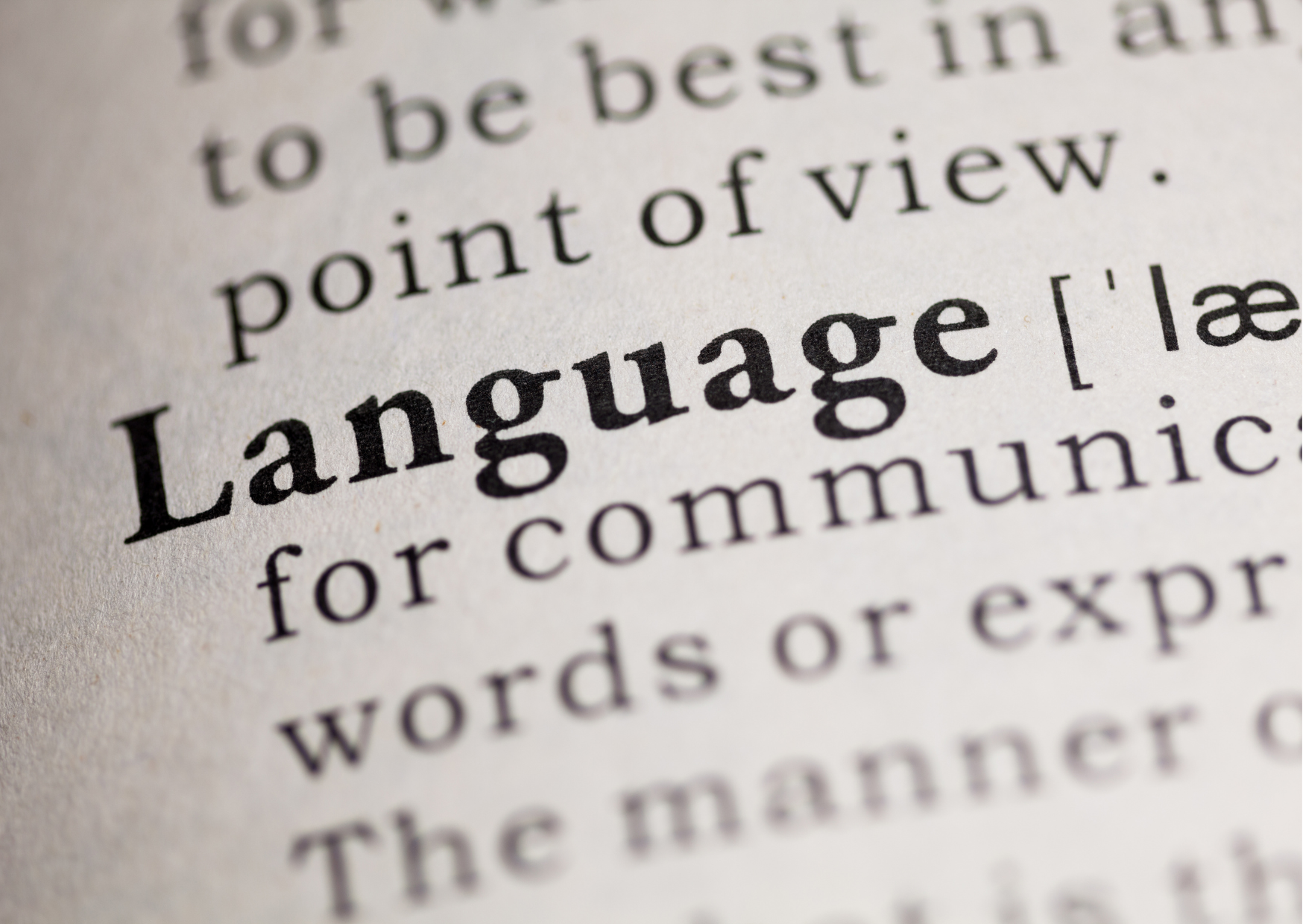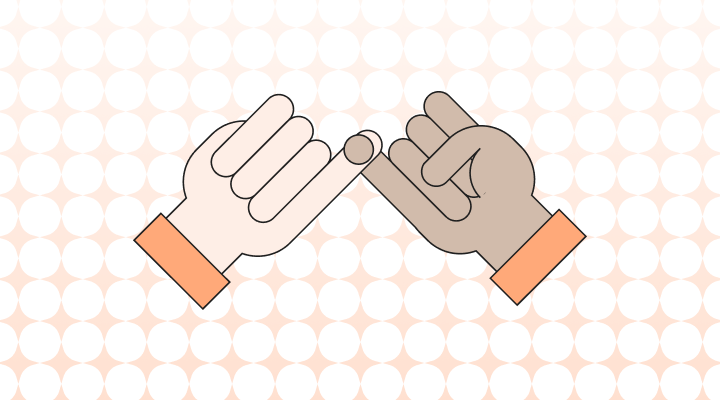Are you truely or truly glad to meet someone?
The correct answer is truly. Truely (with an e) is a misspelling of truly. For some adjectives that end in the letter e, you simply add an -ly at the end to make them adverbs. Here are some examples.
- absolute → absolutely
- accurate → accurately
- native → natively
- nice → nicely
- safe → safely
- tense → tensely
The adjective true, however, is an adjective for which you have to drop the e at the end before adding -ly. Below are some adjectives that require you to drop the last e before adding -ly.
- flexible → flexibly
- gentle → gently
- idle → idly
- insatiable → insatiably
- probable → probably
- true → truly

Example sentences
Let us see how truly is used in different sentences.
I truly wish you the best on your presentation next week.
In this sentence, the subject of the sentence genuinely hopes for the best for the listener’s presentation.
She was unsure if Joe truly felt bad for plagiarizing her paper.
Here, the female subject is not sure if Joe actually feels sorry for plagiarizing.
Carl seemed to truly care about the abandoned cat.
From this statement, it appears that Carl honestly cares about the abandoned cat.
Do you truly believe the government will crack down on cigarette smokers?
In this question, the inquirer is asking if the listener legitimately thinks the government will do something about cigarette smokers.
The dog was truly loyal to his owner, and everyone knew that.
The dog in this example is genuinely loyal to his owner.
Silvia truly didn’t know about the lobbying being done right under her nose.
In this example, Silvia sincerely did not know there was lobbying going around her.
Bianca told her brother that she truly wished he would never open his mouth again.
Here, Bianca told her brother that she strongly hopes he does not speak again.
Jim signed off the letter with a classic “Yours truly.”
“Your truly” is a common letter closing or sign-off that Jim uses at the end of his email or letter.
To drop or not to drop the e
Now, how do you know when to drop the last e of an adjective or not? There is no decisive characteristic or rule for distinguishing whether dropping the last e is necessary or not.
The fastest way to know is to use a spell checker or look the word up on the Internet. Also, the more you read and write in English, the better you will be at spelling and grammar. You can use the Engram for spell checking whether you write "e" or not in your sentence.

But why the lack of consistency when adding -ly to the end of an adjective ending in e? English is a language with many exceptions, especially in the spelling of its words. Over time, languages grow, change, and adapt to the environment and new generations of people. Some words, phrases, and even grammar rules become archaic while new expressions and words are born every year.

It is difficult to know at what point certain words deviated from conventional grammar rules. The answer to why certain words are spelled the way they are is often: “That’s the way it is.” It is our job as humans to also adapt to the language just like how it adapts to us over generations and generations.
Do you need more help to write your English writing? Then, try Engram now! We offer a free start through the below link.













